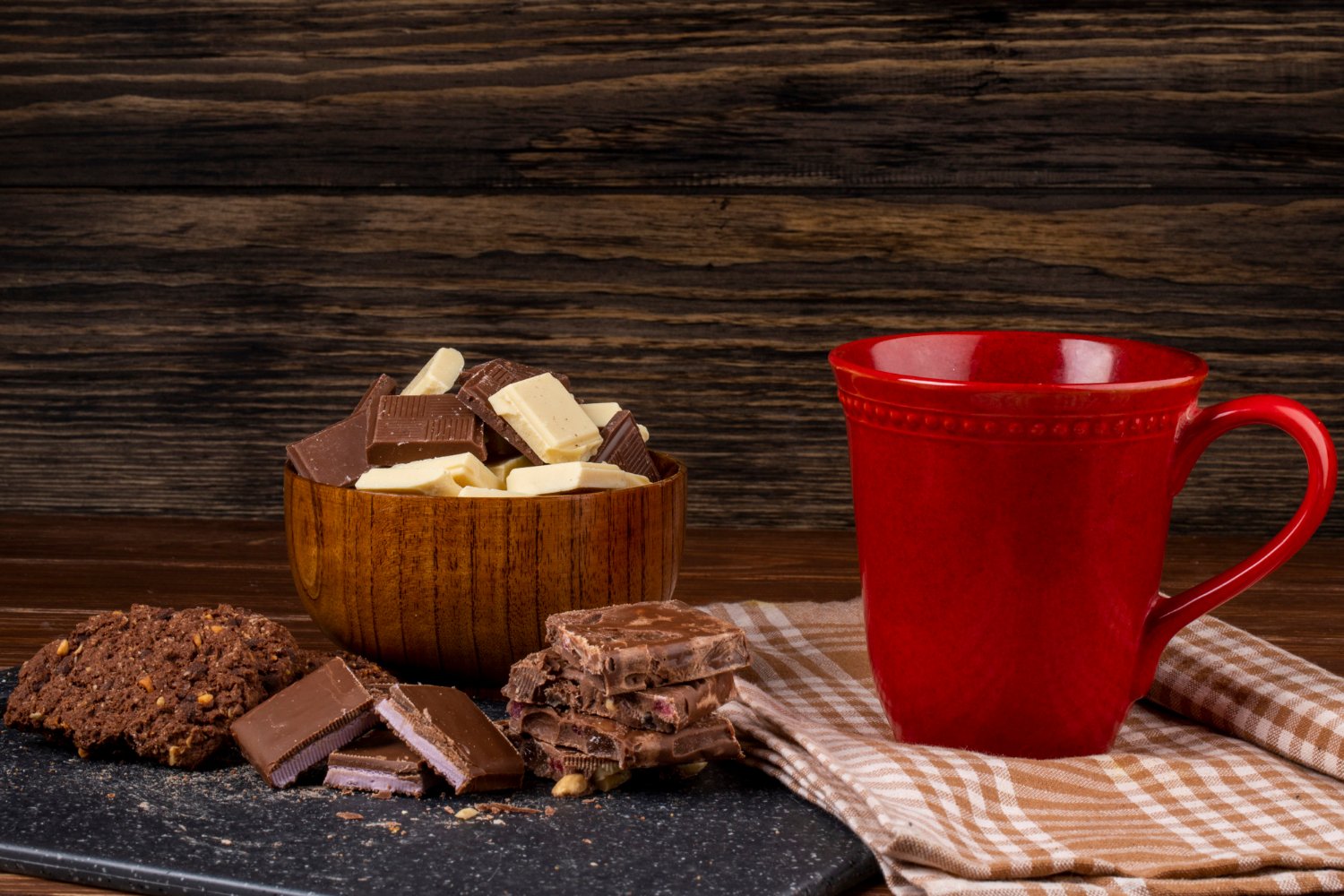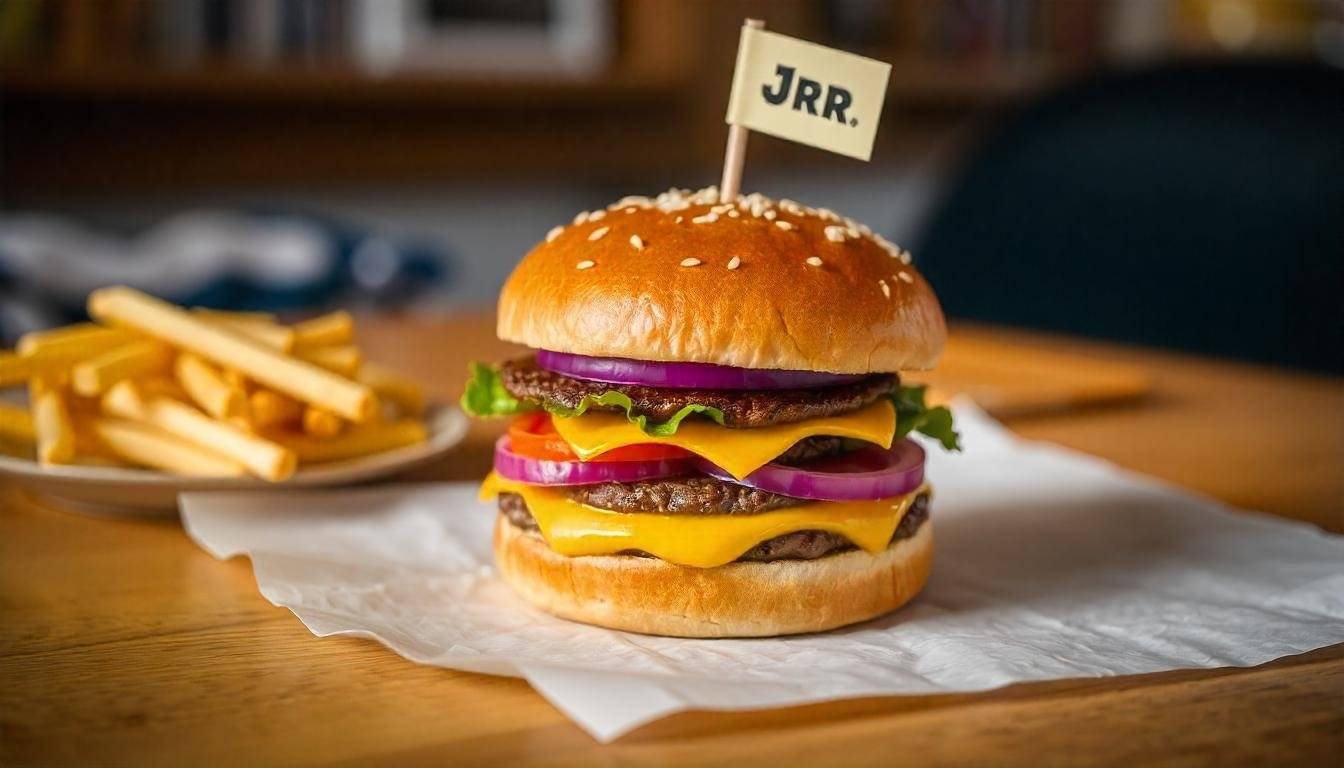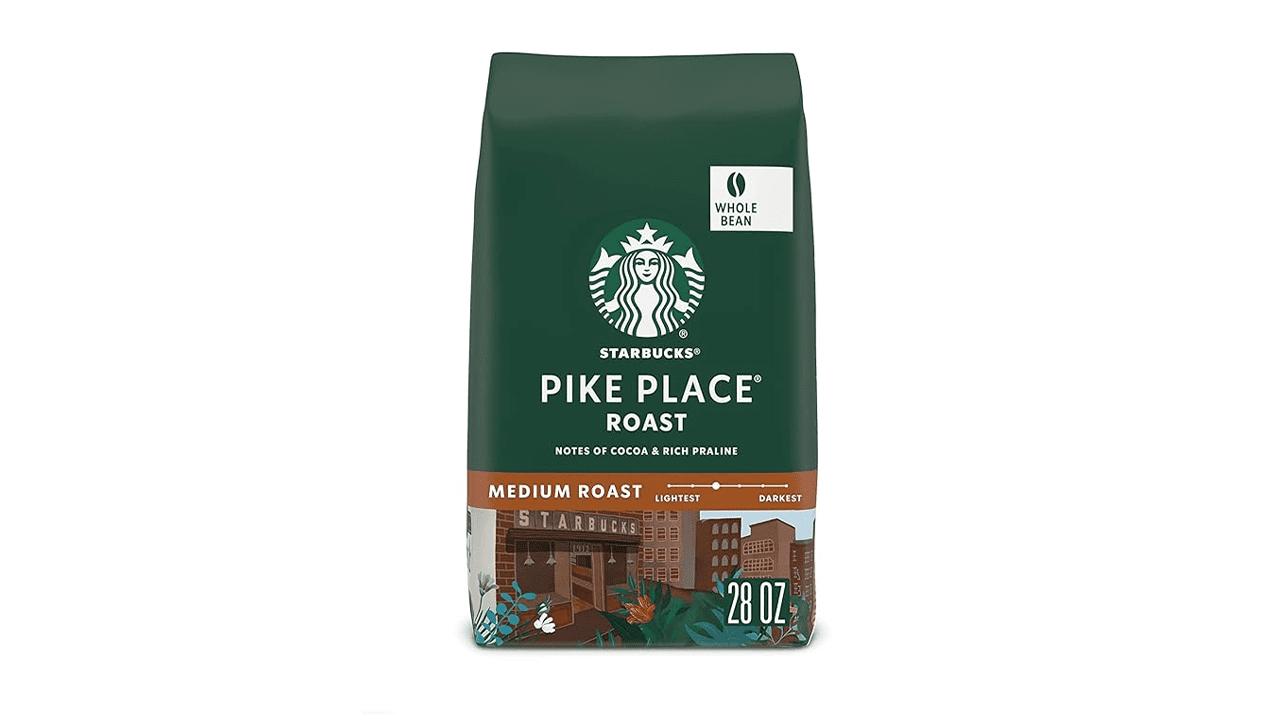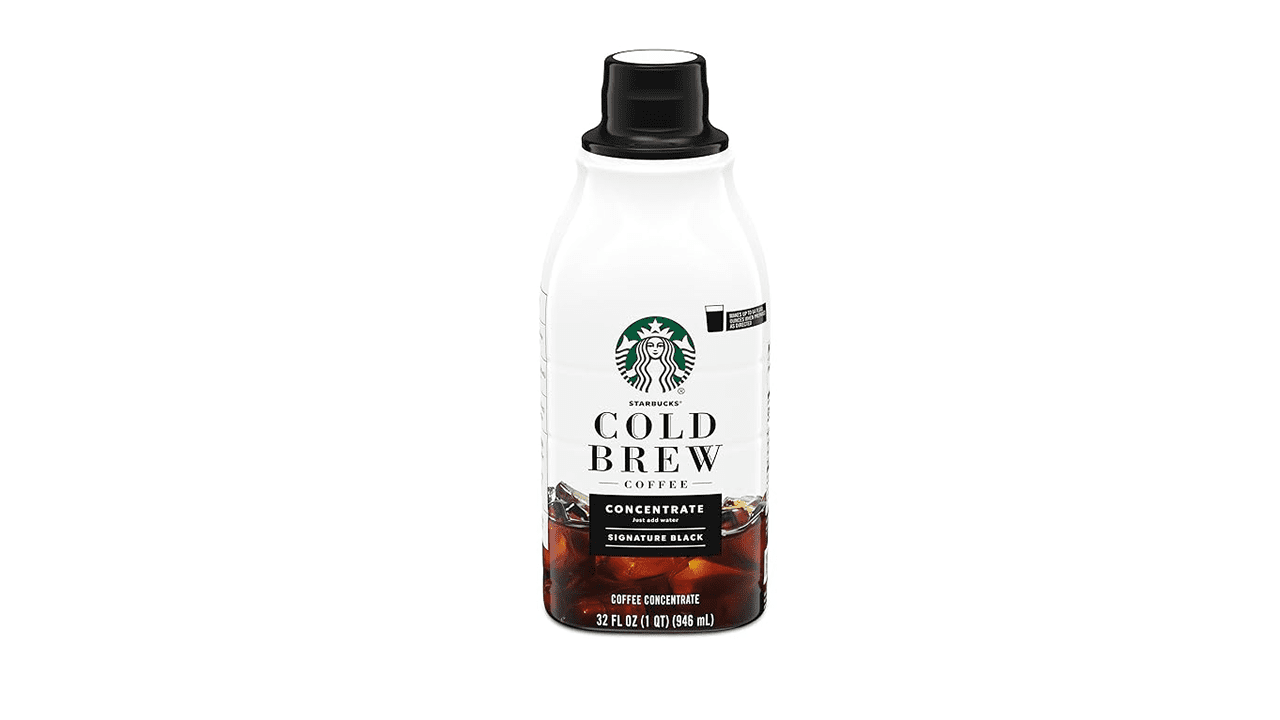Caffeine is one of the most widely consumed bioactive compounds globally, found in various beverages such as coffee, tea, soft drinks, chocolate products, and energy drinks. Coffee, in particular, is one of the most popular sources of caffeine and is consumed by millions worldwide for its mood-enhancing and cognitive benefits. In this article, we will learn whether excessive coffee consumption can cause kidney stones.
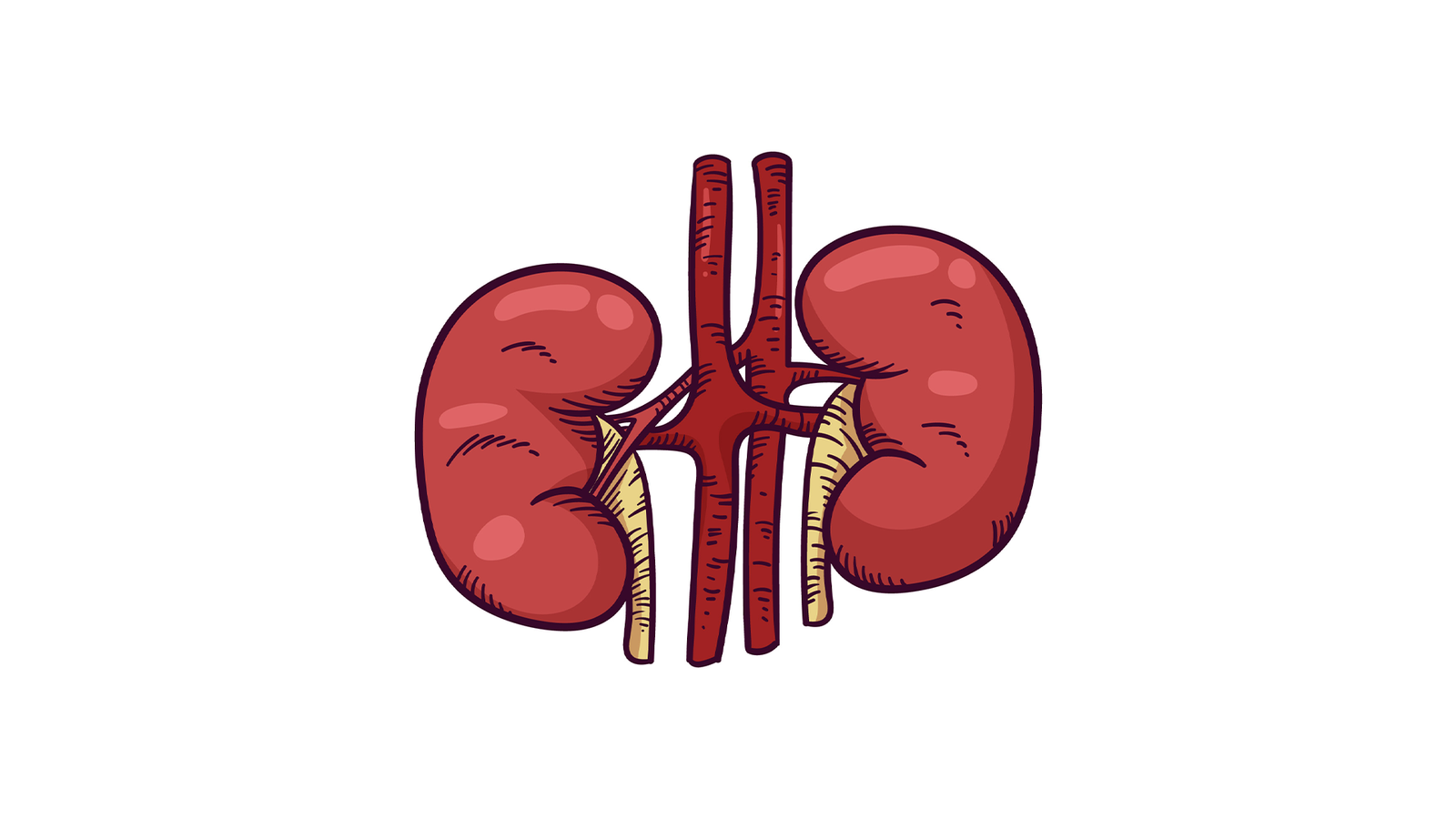
What Are Kidney Stones?
Kidney stones, also known as nephrolithiasis or urolithiasis, are a common condition where crystals of minerals like calcium oxalate (CaOx), calcium phosphate, and other substances accumulate in the kidneys. These crystals can combine and form larger stones, causing severe pain when they move through the urinary tract. Once the stones are formed, they can be removed through several medical procedures, such as shock wave lithotripsy, ureteroscopy, or percutaneous nephrolithotomy. However, the recurrence of kidney stones is high, and the number of new cases continues to rise, making kidney stone disease a significant medical and financial concern.
In the United States alone, about $5 billion is spent annually on kidney stone management, with stone removal procedures being far more expensive than preventative measures. Interestingly, the interval required for recurrent stone formation is often shorter than the formation of new stones, leading researchers to focus on ways to prevent both new and recurrent kidney stones.
Summary
Kidney stones form when mineral crystals accumulate in the kidneys, causing pain as they pass through the urinary tract. Recurrence is common, leading to high medical costs, with the U.S. spending $5 billion annually on treatment. Researchers focus on preventing both new and recurrent stones, as recurrence often happens faster.
Can Coffee Contribute to Kidney Stones?
Coffee, a major source of caffeine, contains oxalate, a compound that is linked to kidney stone formation. Many people believe that consuming coffee or tea, both of which are rich in caffeine and oxalate, can increase the risk of developing kidney stones. However, the relationship between coffee and kidney stone formation is not straightforward, and research provides a more nuanced perspective.
Although some studies have shown that caffeinated beverages can increase urinary calcium excretion and contain oxalates, there is emerging evidence suggesting that coffee, particularly, may have a protective effect against kidney stone formation. Several large cohort studies have indicated a link between caffeine consumption and a lower risk of kidney stone disease, suggesting that coffee might play a role in preventing stone formation rather than causing it.
Summary
While coffee contains oxalates, which are linked to kidney stone formation, research suggests that coffee may actually help prevent kidney stones. Some studies show that caffeine can increase urinary calcium excretion, but large cohort studies indicate that coffee consumption may lower the risk of developing kidney stones, offering a protective effect.
The Role of Caffeine in Kidney Function
Caffeine, being a methylxanthine compound, has known diuretic effects, meaning it can increase urine output. This is because caffeine acts as an adenosine receptor antagonist, binding to adenosine receptors and preventing the action of adenosine, which typically promotes the reabsorption of sodium and water in the kidneys. As a result, caffeine helps increase the glomerular filtration rate (GFR), which leads to increased urine volume.
In addition to its diuretic action, caffeine also has a natriuretic effect, which means it promotes the excretion of electrolytes like sodium, chloride, calcium, phosphate, and magnesium. This increased urinary excretion of solutes can impact the formation of kidney stones, as higher urine output generally reduces the concentration of stone-forming minerals in the kidneys.
Despite caffeine’s diuretic and natriuretic effects, which could theoretically contribute to kidney stone formation by increasing urinary calcium levels, studies suggest that caffeine’s impact on kidney health is more complicated than initially thought.
Summary
Caffeine has diuretic and natriuretic effects, increasing urine output and promoting the excretion of electrolytes like sodium and calcium. While this could theoretically raise the risk of kidney stones by increasing urinary calcium, studies suggest that caffeine’s impact on kidney health is more complex and not solely linked to stone formation.
Caffeine as a Preventative Measure
In light of these findings, caffeine from coffee may serve as a protective factor against kidney stones, particularly calcium oxalate stones, which are the most common type of kidney stones in humans. Some studies have found that people who consumed caffeine-rich beverages like coffee had a reduced risk of developing kidney stones. This might be due to the diuretic and natriuretic properties of caffeine, which help flush out excess minerals from the kidneys and prevent stone formation.
Additionally, coffee is rich in antioxidants, which may play a role in preventing kidney damage and reducing the risk of kidney stone formation. The antioxidants found in coffee, such as polyphenols, may help mitigate oxidative stress and inflammation, which are thought to contribute to kidney damage and the development of kidney stones.
Summary
Caffeine in coffee may help prevent kidney stones by flushing excess minerals from the kidneys. Its antioxidants, like polyphenols, also reduce oxidative stress and inflammation, further lowering the risk of kidney stone formation.
Hydration and Kidney Stone Prevention
One of the most critical factors in preventing kidney stone formation is proper hydration. Increased fluid intake helps dilute the concentration of minerals that form kidney stones, making it less likely for them to crystallize. While caffeine does have a mild diuretic effect, studies show that moderate coffee consumption does not lead to dehydration or increase the risk of kidney stones when consumed as part of a balanced fluid intake.
In fact, coffee may contribute to hydration when consumed in moderation. Since coffee is a liquid, it still counts towards overall fluid intake, and the diuretic effects of caffeine can be counterbalanced by the amount of liquid consumed. Therefore, moderate coffee consumption combined with adequate water intake can be a part of a healthy lifestyle and may not increase the risk of kidney stones.
Summary
Proper hydration helps prevent kidney stones, and moderate coffee consumption does not increase the risk when part of a balanced fluid intake. Coffee contributes to hydration, with its diuretic effects balanced by the liquid consumed.
Coffee and Oxalate
Oxalate is another compound found in coffee that is often associated with kidney stone formation. Oxalate binds with calcium to form calcium oxalate crystals, the most common type of kidney stone. While coffee does contain oxalate, the amount is relatively low compared to other foods like spinach, rhubarb, and nuts. Therefore, the contribution of coffee to overall oxalate intake is minimal, and its role in kidney stone formation is likely to be less significant than other dietary sources of oxalate.
Moreover, while coffee contains oxalate, the evidence linking coffee consumption with kidney stones is not as strong as for other high-oxalate foods. In fact, the potential benefits of coffee’s diuretic effects and antioxidants may outweigh the risks posed by its oxalate content.
Summary
Coffee contains oxalate but in lower amounts than high-oxalate foods. The link between coffee and kidney stones is weak, and its diuretic effects and antioxidants may outweigh any risks from oxalate.
Conclusion
The evidence suggests that coffee, particularly when consumed in moderation, is unlikely to be a major cause of kidney stone formation. While coffee does contain oxalate and can increase urinary calcium excretion, it also has beneficial effects that may protect against kidney stone formation. The diuretic and natriuretic properties of caffeine, combined with the antioxidant effects of coffee, may actually reduce the risk of kidney stones, particularly calcium oxalate stones.


